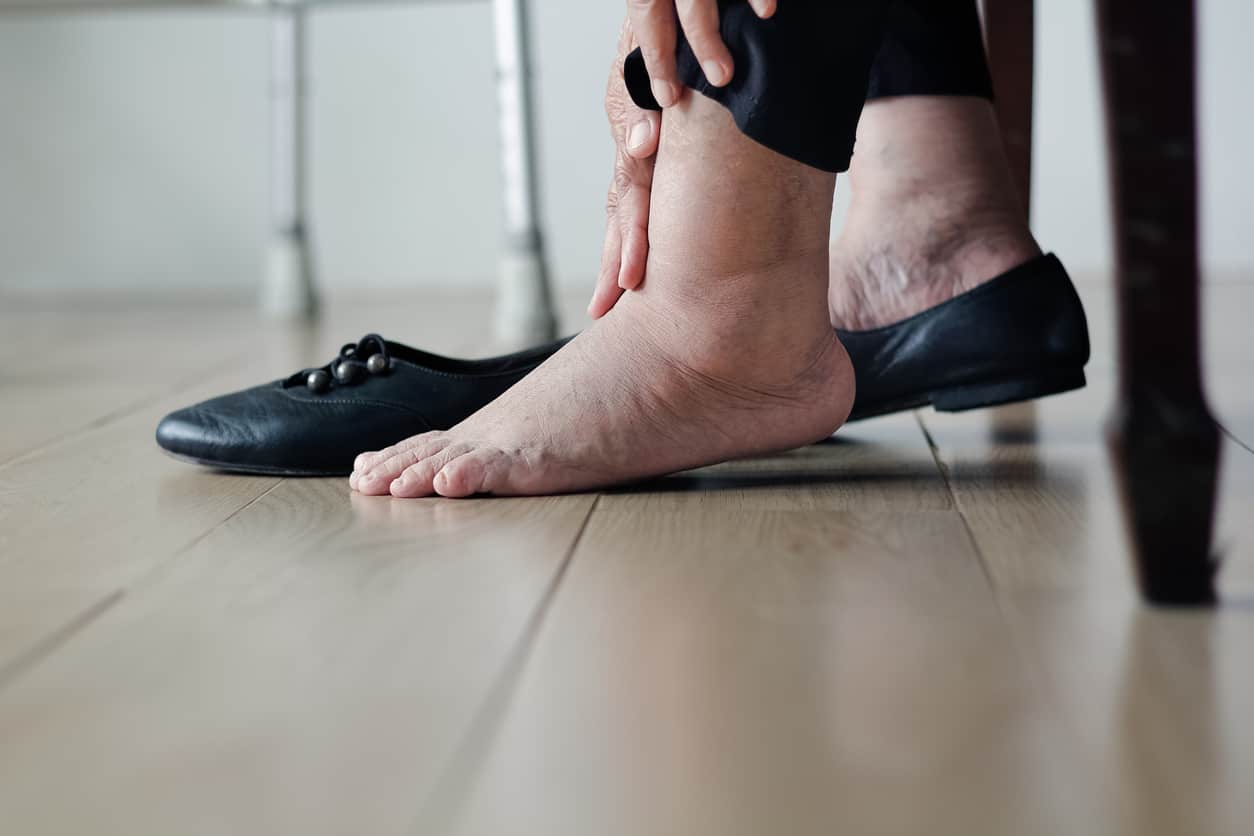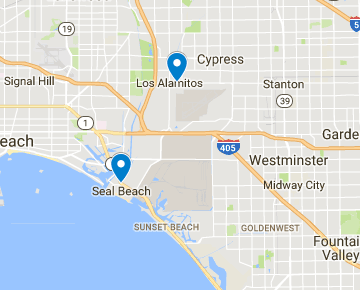Why Does Diabetes Damage Blood Vessels?
Diabetes can reduce levels of a vasodilator called nitric oxide within blood vessels. Nitric oxide is a gas essential for keeping vessels dilated so that blood flows freely throughout the body. Consistently high blood glucose causes narrowing of vessels, which may restrict blood flow to the legs and feet. Diabetic nerve damage (neuropathy) affects many people who have trouble regulating blood sugar levels. This type of neuropathy especially impacts the lower legs and feet because the heart must exert extra force when pumping blood into extremities.
What are Signs of Diabetic Neuropathy in the Feet?
Initial symptoms of neuropathy affecting your feet include:
- •Recurring numbness, burning, tingling
- •Diminished ability to feel cold, heat or pain
- •Excessively dry, cracked skin due to nerve damage involving nerves that control moisture and oil release in feet
- •Development of calluses on high-pressure areas on soles of the feet
- •Difficulty walking because feet are numb and painful
- •Feet that always cold
Neglecting to address diabetic foot neuropathy may result in deformities of the food. This happens when you begin walking abnormally due to pain and numbness. Unusual weight shifts combined with reduced nerve functioning can affect muscles that shape your foot.
Diabetic Foot Ulcers
Severe skin cracking may allow bacteria to enter the bloodstream, creating ulcerous infections. Since someone with diabetic neuropathy of the feet does not have full feeling in their feet, they may not know a deep cut in the skin exists until an ulcer develops. Signs of an ulcer involve an open lesion that is swollen, red, painful, oozing pus and exuding a foul odor. Ulcers require immediate attention from your foot care specialist who will clean away infected tissue and prescribe an antibiotic to eliminate the infection.
Preventing Complications of Diabetic Foot Neuropathy
In addition to visiting your podiatrist regular for professional foot care, people with diabetes should perform a daily foot check. Using a mirror or with the help of another person, check both feet carefully for evidence of swelling, sores, cuts, blisters, calluses or raw-looking areas caused by ill-fitting shoes. Apply generous amounts of moisturizer if your feet are dry and cracked.
Neglected neuropathy of your feet due to diabetes could result in permanent damage to nerves and surgical removal of deep ulcers. To keep your feet healthy, visit your foot care specialist today by calling our Seal Beach office at (562) 242-1559 or our Los Alamitos office at (562) 203-6151.
Request an Appointment
Fill out the form below to reach Alamitos – Seal Beach Podiatry Group, or call Los Alamitos: (562) 203-6151 or Seal Beach: (562) 242-1559 for immediate assistance.
By submitting, you agree to our privacy policy.






